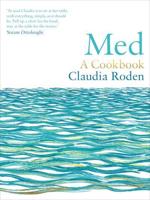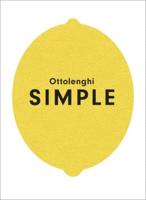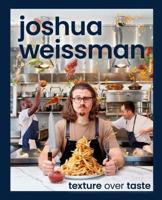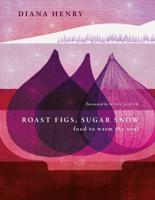Publisher's Synopsis
Essay from the year 2012 in the subject Guidebooks - Nutrition, Food, Drinking, language: English, abstract: We live in a land of virtually unlimited food supply and we like to make substantial use of this. Industrialised farming, fast means of transport and improved ways of cooling and preserving food, ensure that the food availability is enormous and independent of the seasons. While man once required excess body fat as a reserve for lean times, today refrigerators and preservation methods mean that we rarely encounter supply shortages. However, our metabolism is still set on efficient energy intake from food and on the storage of body fat. The per capita consumption of fat and products based on white flour has grown rapidly in the last 50 years, whereas that of high-fibre wholemeal products has declined sharply. Professor Dr. Walter Feldheim, University of Kiel, described obesity as a dietary fibre deficiency disorder - because fibres saturate and, thus prevent overeating. A lack of exercise in everyday life as well as perceived stress during leisure time, lead to us eating more and more fast food, processed as well as part-processed products. These products burden the physique with plenty of fat. What's more, eating is a process driven by emotion. In fact, by eating many people try to satisfy needs other than hunger and use it as an outlet in emotionally stressful situations such as anger, sadness, loneliness or insecurity. This type of eating has nothing to do with satisfying one's hunger or indeed with the necessity to supply the organism with energy, nutrients and health-preserving vitamins and minerals. [...]










